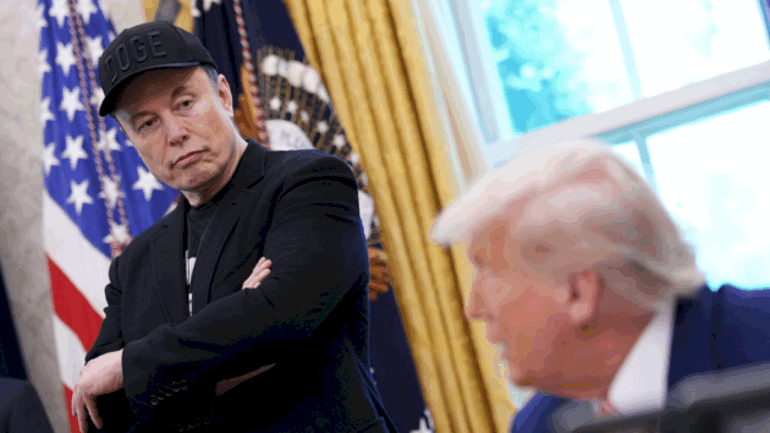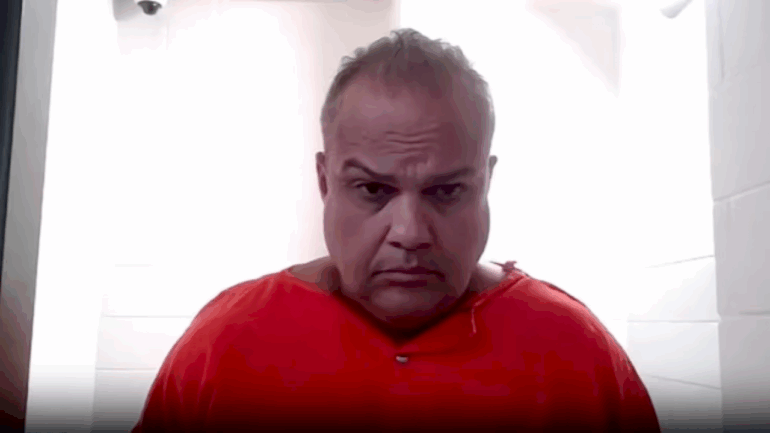(WASHINGTON) — The federal judge overseeing the case of wrongly deported Kilmar Abrego Garcia is set to hear arguments Friday over the Trump administration’s recent invocation of the state secrets privilege to shield information about its handling of the matter.
The government’s assertion of privilege was revealed in a court order last week from U.S. District Judge Paula Xinis, in which the judge asked the parties to file briefs about the administration’s “invocations of privilege, principally the state secrets and deliberative process privileges.”
In the brief filed on Monday, Abrego Garcia’s attorneys pushed back on the government’s invocation of the rarely used states secret privilege, saying that the government has produced no evidence “showing that it has made the slightest effort to facilitate” Abrego Garcia’s release from detention in El Salvador.
Abrego Garcia, a Salvadoran native who had been living with his wife and children in Maryland, was deported in March to El Salvador’s CECOT mega-prison — despite a 2019 court order barring his deportation to that country due to fear of persecution — after the Trump administration claimed he was a member of the criminal gang MS-13. His wife and attorneys deny that he is an MS-13 member.
Judge Xinis ruled last month that the Trump administration must “facilitate” Abrego Garcia’s return to the United States, and the U.S. Supreme Court unanimously affirmed that ruling, “with due regard for the deference owed to the Executive Branch in the conduct of foreign affairs.”
Following the government’s inaction, Judge Xinis ordered several government officials to testify under oath through expedited discovery in order to resolve the matter.
Abrego Garcia’s attorneys argued in Monday’s court filing that the Trump administration “does not come close to making a showing that would disturb the common sense conclusion that there are no genuine state secrets at play here,” saying the administration’s public statements — including in congressional testimony, public interviews and social media posts — demonstrate that “answering the requested discovery would not imperil national security.”
Attorneys for the Department of Justice argued in their own brief that the discovery requests by Abrego Garcia’s attorneys “would damage United States’ foreign relations.”
Secretary of State Marco Rubio, in a sealed declaration submitted to the court, affirmed “after actual personal consideration” that “disclosure of such materials reasonably could be expected to cause significant harm to the foreign relation[s] and national security interests of the United States,” DOJ attorneys said.
The Trump administration previously invoked the state secrets privilege in a separate case in March when the government refused to provide a federal judge with information about deportation flights to El Salvador under the Alien Enemies Act.
Copyright © 2025, ABC Audio. All rights reserved.












